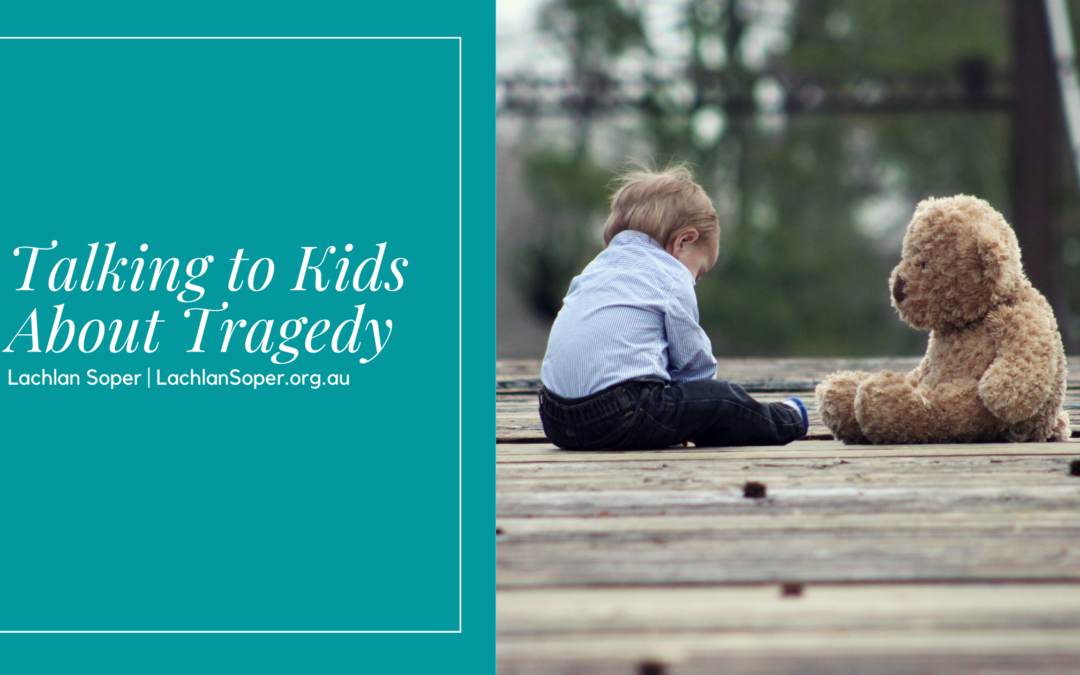When something tragic happens, it’s natural to feel like you’re scared and not in control. You may barely understand what happened, much less be able to process it in the presence of other people. It’s often worse for children. Your children may feel helpless, not understanding why something happened, and they may even fear that it’ll happen again. It’s parental responsibility to settle that fear, to ensure that while you can’t do anything to change what happened, nor can you say it won’t happen again, you can have a plan in place to ensure that they can stay safe. Here are some ways that you can help your kids begin to cope with tragedy.
Open a Dialogue
It’s imperative that you open a dialogue about what happened with your child so that they can begin to understand what happened. The feeling of safety within the conversation is imperative for helping your child begin to cope. Not talking about it or dancing around the topic will only alienate your child, making the tragedy seem more threatening.
One way to start a dialogue is to simply just sit down with your child, perhaps as you are settling them to bed. Ask them how they are feeling. Let them talk and set the tone of the conversation. Let your child ask any questions that they may have regarding what happened. Don’t inundate your child with information; let their questions guide you.
Explaining Tragedy to Your Child
The age of your child is incredibly important to take into account when talking about a tragedy. For example, if your child is around preschool age, get on your knees and down to their eye level or pick them up and hold them. While speaking in a calm voice, explain what happened and that, most importantly, you’re going to continue to care for and love them. If your child is older, they’ll have an idea of what happened, so you’re there to offer comfort to them. The best thing you can do is to provide a safe space for your child to explain any worries to you.
Depending on the nature of what has happened, they will likely cry. Hug them, give it plenty of time. Don’t rush this time.
When tragedy strikes, people, particularly little people will remember your opening statement explaining the tragedy and often little else of what else you say. But they do remember how you treated them at that time. So prepare yourself, and give the process time for them to feel the empathy and love they need from you.
Tragedy is, unfortunately, a part of life. How you approach it and talk about it dictates how your children begin to cope and understand.

